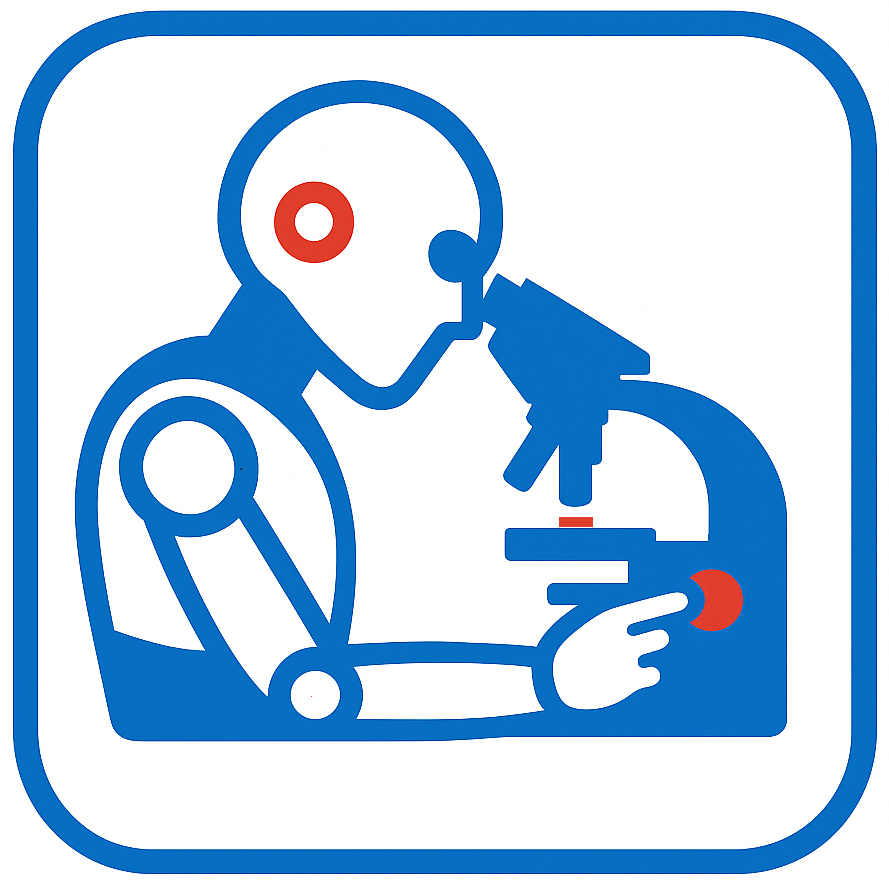

eGFR (estimated glomerular filtration rate) estimates how well your kidneys filter waste from the blood. A low eGFR means filtration is reduced. Because eGFR naturally declines with age, mild reductions can be normal in older adults — but persistent eGFR below 60 mL/min/1.73m² may suggest chronic kidney disease (CKD), especially when paired with abnormal urine findings.
Many labs report eGFR in mL/min/1.73m². Values above 90 are often considered typical when no other kidney issues are present.
eGFR between 60–89 can still be normal (especially with no abnormal urine findings), while values below 60 that persist for
3 months or longer may indicate CKD.
One isolated result may reflect temporary factors such as dehydration or recent illness — trends over time matter.
| eGFR (mL/min/1.73m²) | Common stage label | How clinicians often interpret it |
|---|---|---|
| ≥ 90 | Stage 1 (G1) | Normal or near-normal filtration. CKD is only considered if other kidney damage markers (e.g., protein in urine) are present. |
| 60–89 | Stage 2 (G2) | Mildly reduced. Often normal if urine findings are normal and there is no ongoing decline. |
| 45–59 | Stage 3a (G3a) | Mild-to-moderate reduction. Typically prompts follow-up, trend monitoring, and urine testing for protein. |
| 30–44 | Stage 3b (G3b) | Moderate-to-severe reduction. Often requires closer monitoring and evaluation of contributing conditions (blood pressure, diabetes, medications). |
| 15–29 | Stage 4 (G4) | Severe reduction. Typically needs timely specialist review and structured kidney care planning. |
| < 15 | Stage 5 (G5) | Kidney failure range. Requires urgent medical evaluation and advanced care planning. |
Important: Staging is interpreted alongside urine findings and clinical context. CKD is typically defined by persistent eGFR reduction (<60 for ≥3 months) and/or markers of kidney damage (often detected in urine).
Many people with mildly reduced eGFR (especially in the 60–89 range) do not have kidney disease. Concern increases when eGFR is persistently below 60, trending downward over time, accompanied by abnormal urine findings (like protein), or associated with symptoms such as swelling, fatigue, or reduced urine output.
It means your estimated kidney filtration is below the lab’s reference range. One result is not a diagnosis — clinicians look for persistence, trends over time, and urine findings (like protein) to understand the cause.
Yes. Dehydration (or recent illness with reduced fluid intake) can temporarily reduce kidney filtration and raise creatinine. Repeating the test after recovery and good hydration often clarifies whether the change was temporary.
Tip: A clinician may compare your current result with previous eGFR values to assess trend.
Not always. eGFR around 55 is reduced, but CKD is usually defined by persistence for three months or more and/or urine markers of kidney damage. Repeat testing and urine protein checks help confirm.
Clinicians typically review creatinine, BUN, and urine tests (protein or albumin), and assess blood pressure and diabetes control. A full Kidney Function Interpreter can help you understand how these markers fit together.
Sometimes. eGFR may improve after hydration, recovery from illness, medication adjustments, or stabilization of blood pressure and blood sugar. Persistent reductions usually require monitoring and a long-term care plan.
The AI-LabTest interpretation engine places your eGFR in context with creatinine, BUN, and other kidney-related markers when available. It explains what stage range your value falls into, highlights whether the result could be temporary, and provides clear next-step questions you can discuss with your clinician.
Is an eGFR of 55 considered bad?
An eGFR of 55 mL/min/1.73m² is mildly to moderately reduced (often aligned with Stage 3a). It does not confirm chronic kidney disease unless it persists for at least three months or is accompanied by markers of kidney damage such as protein in the urine.
Can low eGFR go back to normal?
Yes. eGFR can improve after hydration, recovery from illness, medication adjustments, or stabilization of blood pressure or blood sugar. A transient low value is common; persistent reductions require follow-up.
When should I worry about low eGFR?
Low eGFR deserves attention when it is trending downward, remains below 60 on repeat testing for three months, or appears with abnormal urine findings such as protein. Symptoms like swelling, fatigue, or reduced urine output also support timely medical review.
⬐ Get Instant Lab Report Interpretation ⬎